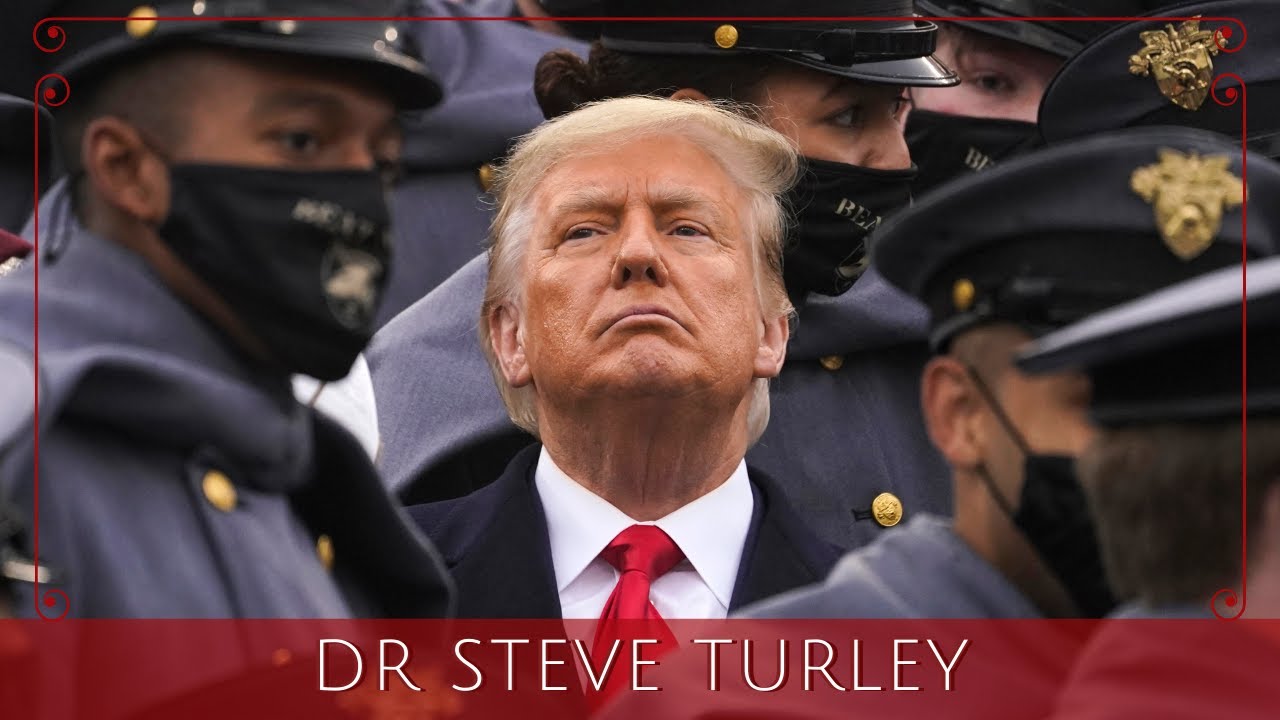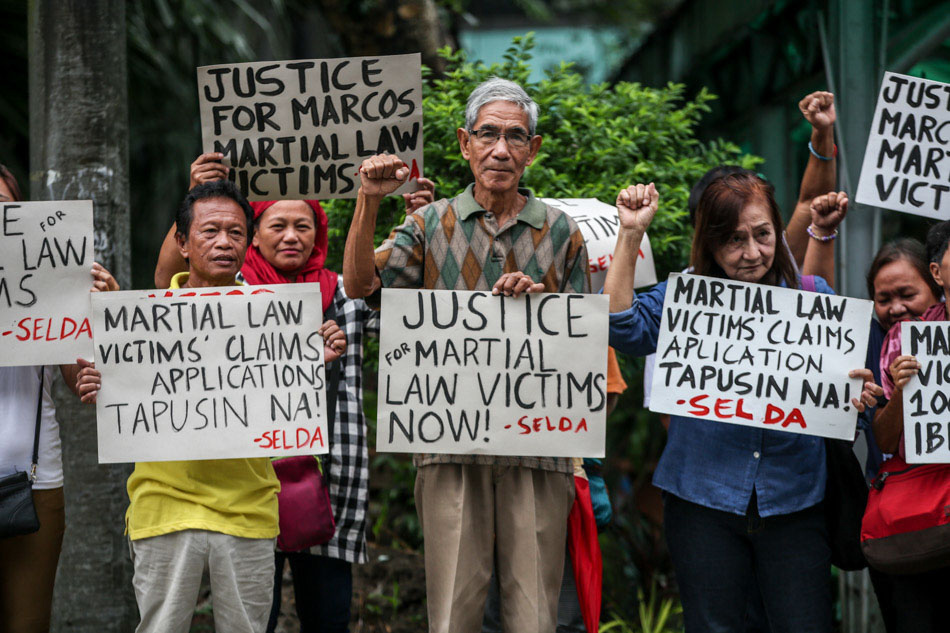

This meeting happened some days after General Flynn appeared on a far-right news channel, Newsmax, earlier in the week, saying that Trump could "take military capabilities, and he could place them in those swing states, and basically re-run an election in each of those states." Here's Michael Flynn on Newsmax saying that Trump could order "military capabilities" to swing states and "rerun an… - Aaron Rupar Rupar) Recent reports from The New York Times and Business Insider allege that in a meeting on Friday, the retired (and pardoned) Army lieutenant general and former national security adviser, Michael Flynn, raised and "encouraged" the potential use of the military to overthrow the election results to Trump. With this bit of information, given Donald Trump's continuous refusal to accept the outcome of the 2020 presidential election and his ability to try and figure out ways to advance himself any way he can to reclaim any semblance of power, it is not surprising that this idea of martial law and Trump's alleged consideration of enacting it is floating around on the internet.

What happens if Trump refuses to physically vacate the White House on Inauguration Day? Ĭonsidering the White House officially gave Joe Biden permission to begin the transition process, and the Electoral College finalized their decision, there's really only one thing that can happen. READ: What happens if Trump refuses to physically vacate the White House on Inauguration Day? The most recent use of martial law was almost 75 years ago when the Supreme Court overturned a case against Harry White, a stockbroker in Hawaii that allegedly embezzled funds from a client. It's also worth noting that the precedents are old.

history), it is still a term that isn't entirely understood as the Constitution never properly defined what it is. However, despite the history of martial law utilization in certain cases (federal and state governments have declared martial law 68 times throughout U.S. The third, which is usually what martial law is referred to, is described as "a power that in an emergency, allows the military to push aside civilian authorities and exercise jurisdiction over the population of a particular area." The military is essentially in charge, and soldiers enact the laws instead of regular police designated to certain areas.


 0 kommentar(er)
0 kommentar(er)
